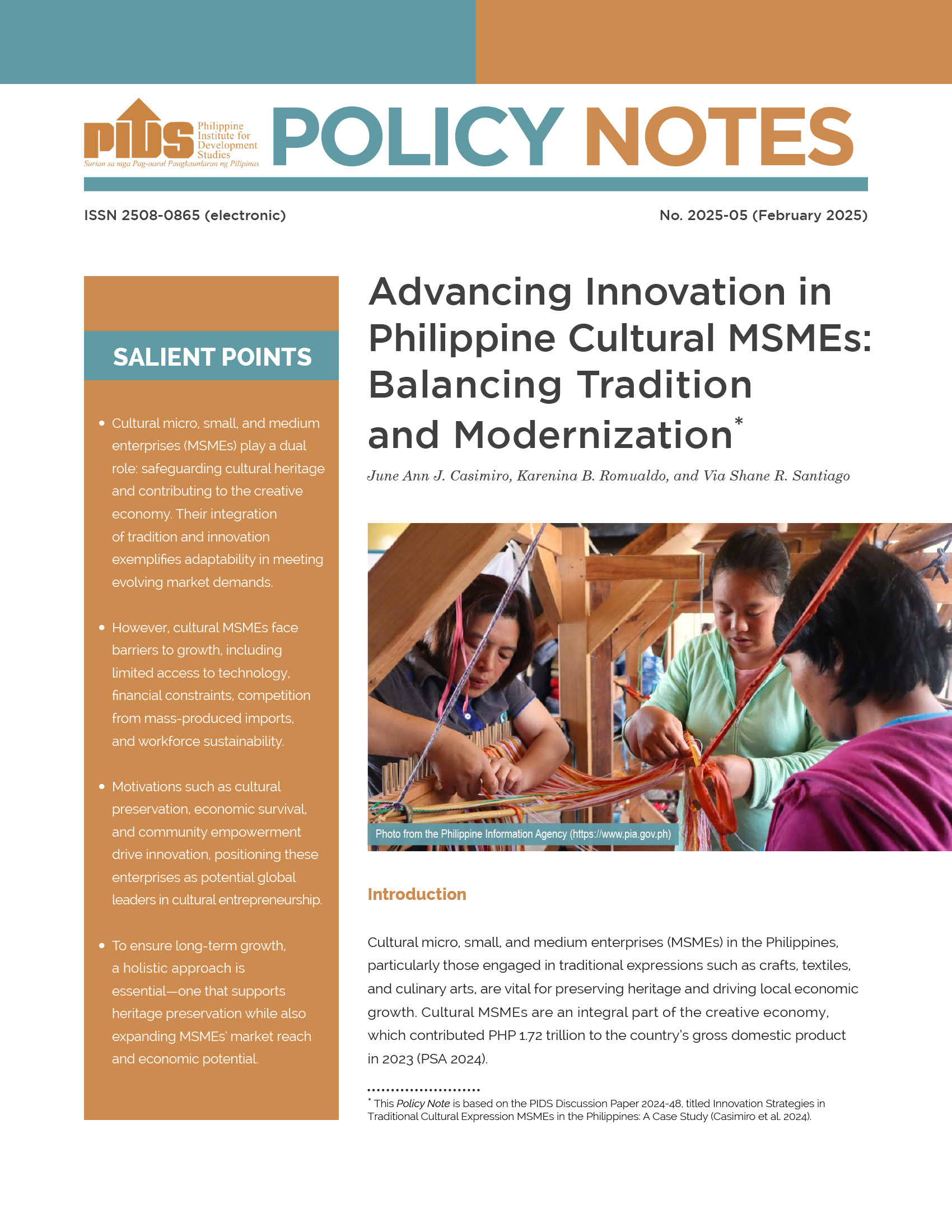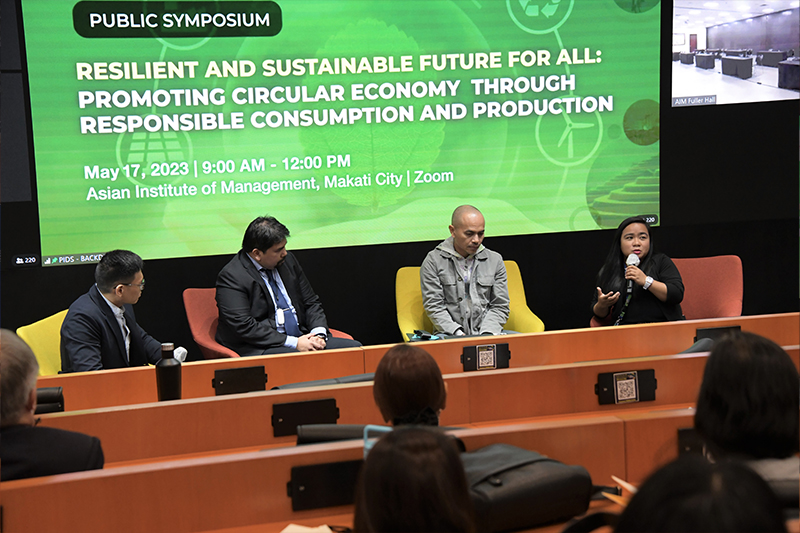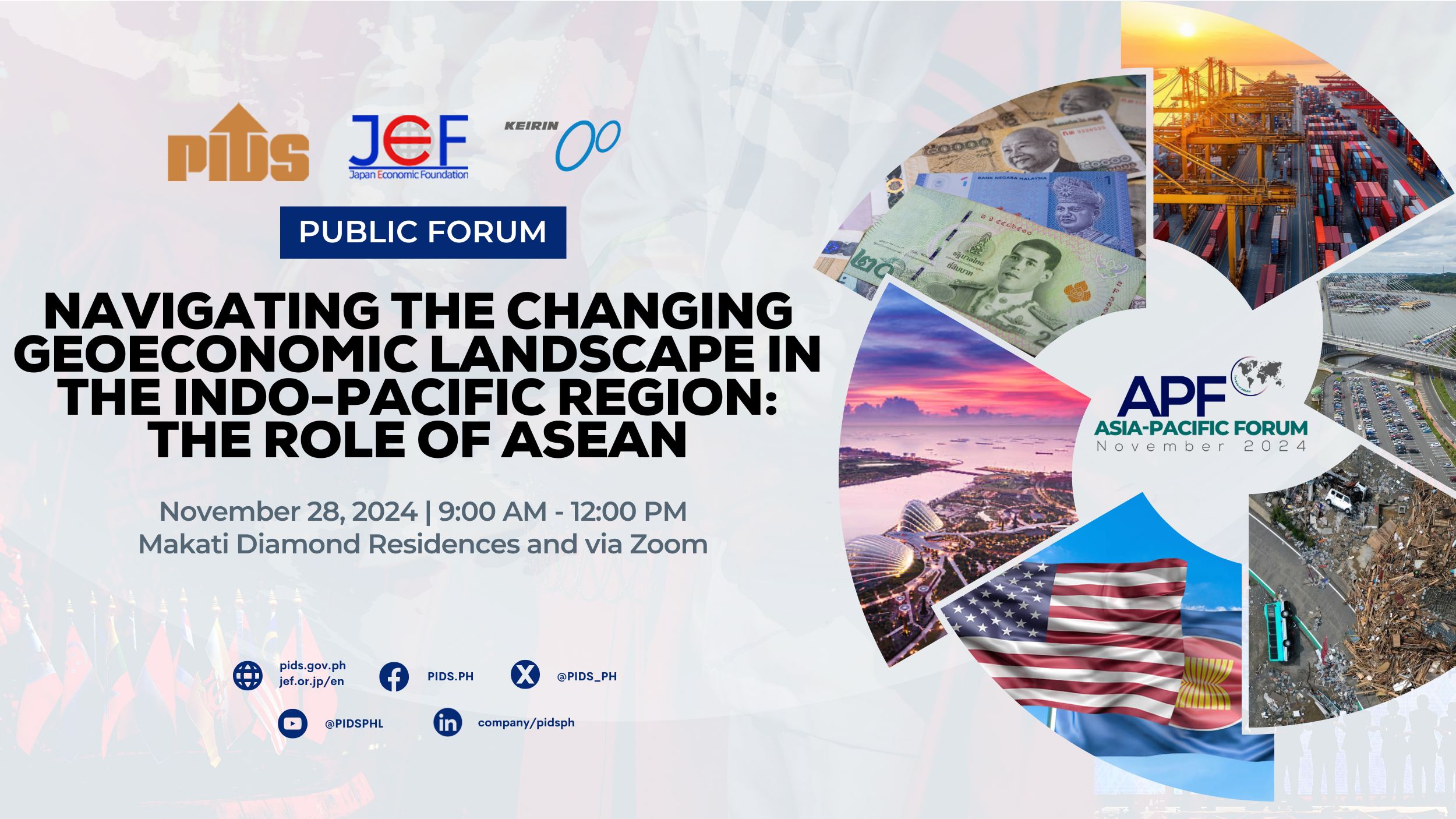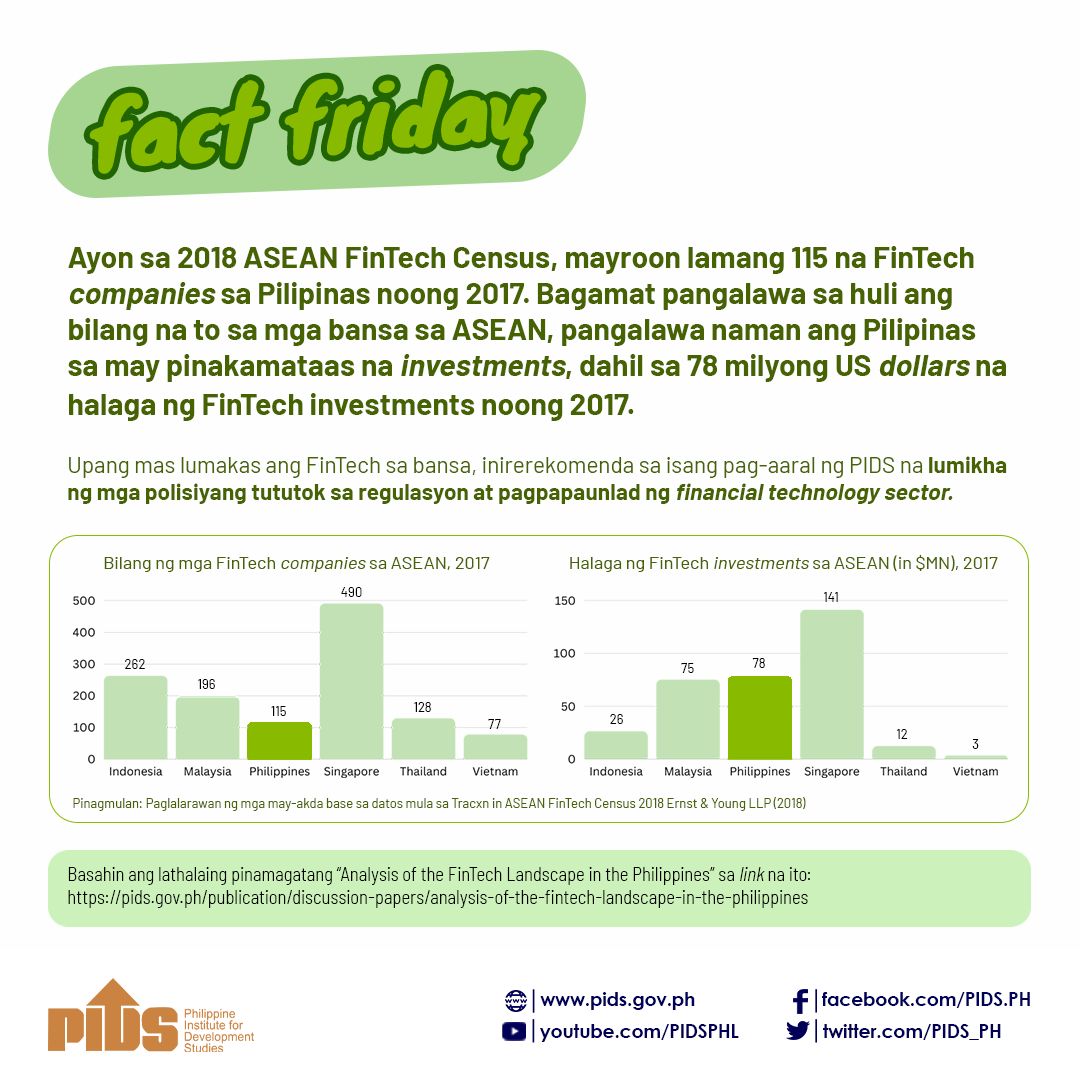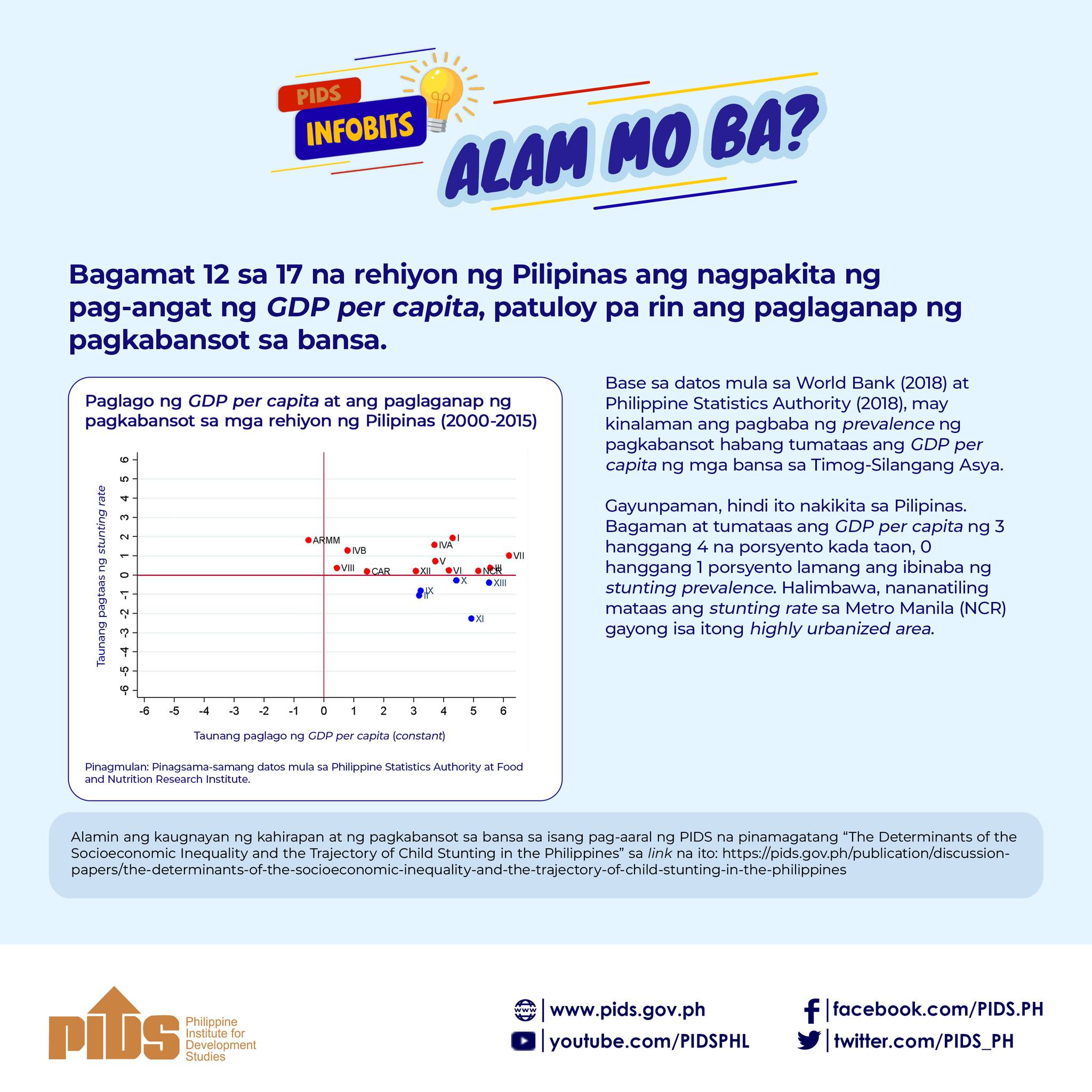The Association of Southeast Asian Nations must fast-track the conclusion of the Regional Cooperation Economic Partnership (RCEP), which could serve as a buffer against potential headwinds from global uncertainties, according to an economist of the Asian Development Bank (ADB).
In an Asian Development Blog, ADB Economic Research and Regional Cooperation Department Principal Economist Jong Woo Kang said that while trade in the region has recovered, it remains “fragile,” exposing economies to trade-policy shocks.
Kang said Asia’s intraregional trade share out of its total trade increased to a record high of 57.3 percent in 2016, from 56.9 percent in 2015. This was also higher than the 55.9 percent average recorded from 2010 to 2015.
Robust intraregional trade offers a buffer against potential headwinds from global trade policy uncertainties. To further speed up regional trade integration, it’s time to finalize regional trade deals, such as the RCEP,” Kang said.
Once concluded, this mega trade deal is expected to further boost trade and investment within the region,” he added.
However, local economists are not confident that the RCEP can be concluded this year. Apart from the sensitive nature of trade in services, Philippine Institute for Development Studies President Gilbert Llanto said politics in the Asean hamper efforts to conclude the mega trade deal.
In an e-mail to the BusinessMirror, Llanto said Asean leaders are “distracted by parochial concerns” that prevents them from focusing on forging a trade agreement like the RCEP.
Llanto said Japanese Prime Mister Shinzo Abe, Chinese President Xi Jinping, Indonesian President Joko Widodo and Malaysian Prime Minister Najib Razak are preoccupied by consolidating “their own power grip.
RCEP is negotiated by trade experts, lawyers and, perhaps, economists. But it’s the political leadership that decides,” Llanto said. He added that if the RCEP will not push through, the Philippines and other Asean countries have “much to lose.
However, Kang said if Asean leaders are experiencing a difficult time in arriving at a consensus, especially when it comes to sensitive matters in the agreement, he said the leaders should focus on “practical goals” and common interests.
Kang added this entails accommodating flexibilities and “longer-term liberalization plans” that will allow members to adapt to the agreements in “installments,” depending on their government’s priorities.
What is important is to seize the negotiating momentum for RCEP now before it falters and conclude it as soon as possible. Hopefully it can be concluded at the latest by the middle of next year so the region can continue the robust momentum of trade growth into next year and beyond,” Kang told the BusinessMirror in an e-mail.
Apart from concluding the RCEP, Kang said Asian economies must also exert efforts to reduce tariff and nontariff trade barriers
This includes the proliferation of nontariff measures, such as sanitary and phytosanitary measures, and “cumbersome customs procedures” which continue to hamper trade in the region.
Kang said leaders in the region also need to address antidumping measures. While these measures aim to protect domestic industries against predatory practices and uphold fair trade, these can be punitive for exporting firms.
He added that antidumping measures harm domestic industries, particularly those using imported goods in their inputs
Policy-makers must now take proactive steps to turn a nascent upturn into a sustained boom. Otherwise, a missed opportunity would turn out to be not only a lost momentum, but also result in sizable economic costs for the region and globally,” Kang said.
The RCEP negotiations were launched by the 10-member Asean and China, India, Japan, South Korea and New Zealand during the 21st Asean Summit and Related Summits in Phnom Penh, Cambodia in November 2012.
The 16 RCEP participating countries account for almost half of the world’s population, contribute about 30 pe cent of global GDP and over a quarter of world exports.
Asean countries, including the Philippines, and multilateral institutions like the ADB, are hopeful that the agreement is concluded soon as it will not only boost trade and investment, but also address problems created by the so-called noodle-bowl effect.
The noodle-bowl effect stems from the intertwining of free-trade agreements in Asia and the havoc these have wreaked on rules of origin and standards.
In an Asian Development Blog, ADB Economic Research and Regional Cooperation Department Principal Economist Jong Woo Kang said that while trade in the region has recovered, it remains “fragile,” exposing economies to trade-policy shocks.
Kang said Asia’s intraregional trade share out of its total trade increased to a record high of 57.3 percent in 2016, from 56.9 percent in 2015. This was also higher than the 55.9 percent average recorded from 2010 to 2015.
Robust intraregional trade offers a buffer against potential headwinds from global trade policy uncertainties. To further speed up regional trade integration, it’s time to finalize regional trade deals, such as the RCEP,” Kang said.
Once concluded, this mega trade deal is expected to further boost trade and investment within the region,” he added.
However, local economists are not confident that the RCEP can be concluded this year. Apart from the sensitive nature of trade in services, Philippine Institute for Development Studies President Gilbert Llanto said politics in the Asean hamper efforts to conclude the mega trade deal.
In an e-mail to the BusinessMirror, Llanto said Asean leaders are “distracted by parochial concerns” that prevents them from focusing on forging a trade agreement like the RCEP.
Llanto said Japanese Prime Mister Shinzo Abe, Chinese President Xi Jinping, Indonesian President Joko Widodo and Malaysian Prime Minister Najib Razak are preoccupied by consolidating “their own power grip.
RCEP is negotiated by trade experts, lawyers and, perhaps, economists. But it’s the political leadership that decides,” Llanto said. He added that if the RCEP will not push through, the Philippines and other Asean countries have “much to lose.
However, Kang said if Asean leaders are experiencing a difficult time in arriving at a consensus, especially when it comes to sensitive matters in the agreement, he said the leaders should focus on “practical goals” and common interests.
Kang added this entails accommodating flexibilities and “longer-term liberalization plans” that will allow members to adapt to the agreements in “installments,” depending on their government’s priorities.
What is important is to seize the negotiating momentum for RCEP now before it falters and conclude it as soon as possible. Hopefully it can be concluded at the latest by the middle of next year so the region can continue the robust momentum of trade growth into next year and beyond,” Kang told the BusinessMirror in an e-mail.
Apart from concluding the RCEP, Kang said Asian economies must also exert efforts to reduce tariff and nontariff trade barriers
This includes the proliferation of nontariff measures, such as sanitary and phytosanitary measures, and “cumbersome customs procedures” which continue to hamper trade in the region.
Kang said leaders in the region also need to address antidumping measures. While these measures aim to protect domestic industries against predatory practices and uphold fair trade, these can be punitive for exporting firms.
He added that antidumping measures harm domestic industries, particularly those using imported goods in their inputs
Policy-makers must now take proactive steps to turn a nascent upturn into a sustained boom. Otherwise, a missed opportunity would turn out to be not only a lost momentum, but also result in sizable economic costs for the region and globally,” Kang said.
The RCEP negotiations were launched by the 10-member Asean and China, India, Japan, South Korea and New Zealand during the 21st Asean Summit and Related Summits in Phnom Penh, Cambodia in November 2012.
The 16 RCEP participating countries account for almost half of the world’s population, contribute about 30 pe cent of global GDP and over a quarter of world exports.
Asean countries, including the Philippines, and multilateral institutions like the ADB, are hopeful that the agreement is concluded soon as it will not only boost trade and investment, but also address problems created by the so-called noodle-bowl effect.
The noodle-bowl effect stems from the intertwining of free-trade agreements in Asia and the havoc these have wreaked on rules of origin and standards.

